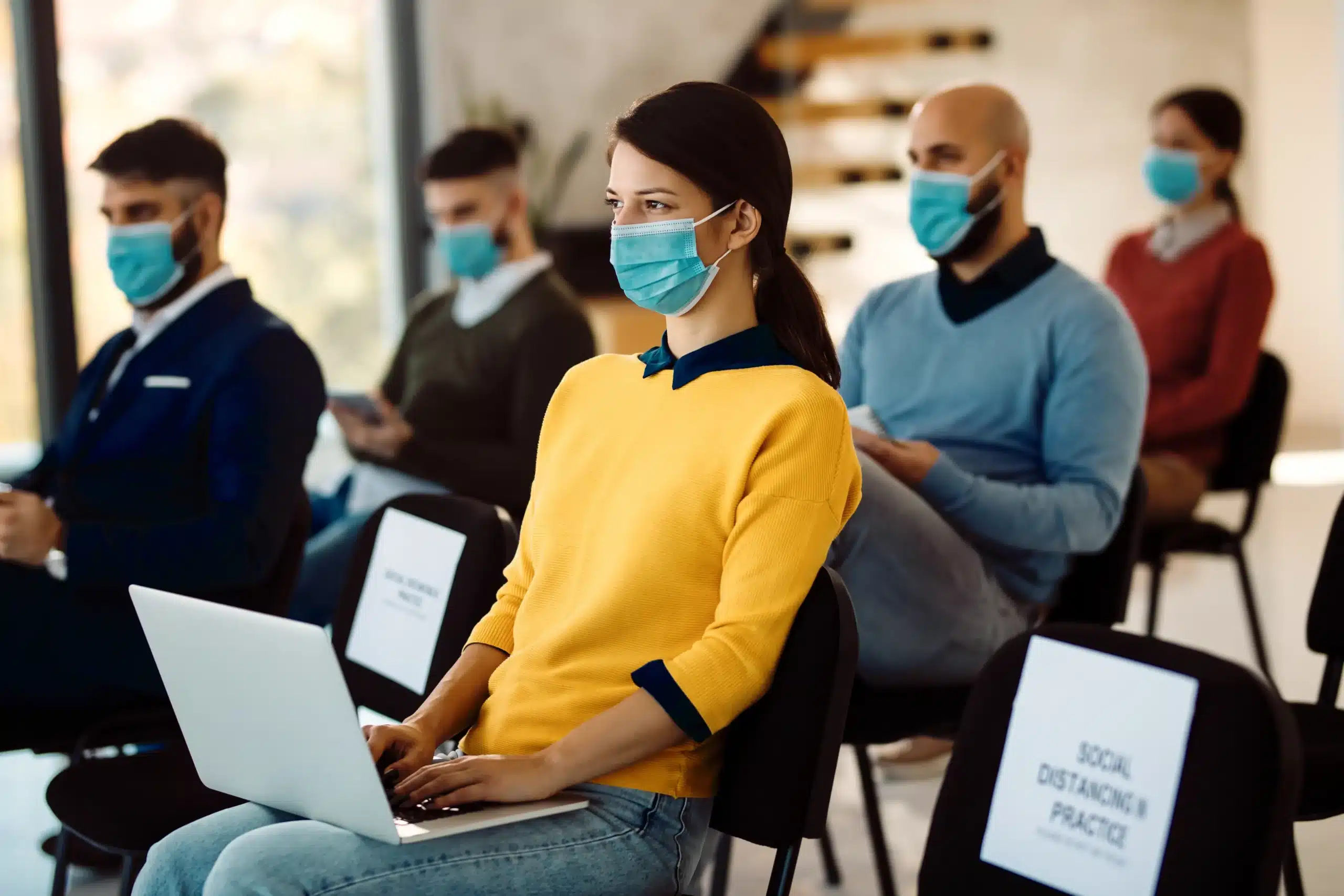Infection control is one of the most crucial aspects of healthcare that directly impacts patient safety, healthcare worker well-being, and the overall functioning of medical facilities. Healthcare professionals are on the front lines, handling vulnerable patients and dealing with a wide variety of infections, which makes their knowledge of infection control practices essential.
In this blog, we’ll explore the top 5 reasons why infection control training is not only important but absolutely necessary for healthcare professionals in today’s healthcare environment.
1. Protects Patients from Healthcare-Associated Infections (HAIs)
Healthcare-associated infections (HAIs) are infections that patients acquire while receiving medical treatment for other conditions. These infections can lead to serious complications, extended hospital stays, and even death. According to the Centers for Disease Control and Prevention (CDC), around 1 in 25 patients in U.S. hospitals contracts an HAI, and it’s a global concern.
Infection control training equips healthcare professionals with the knowledge and tools they need to prevent the transmission of infections within healthcare settings. With proper training, healthcare workers can effectively implement hygiene practices, sterilization procedures, and safety protocols to minimize the risk of HAIs and safeguard their patients’ health.
2. Enhances the Safety of Healthcare Workers
Healthcare professionals are constantly exposed to potential infections through direct contact with patients, bodily fluids, and contaminated surfaces. Without proper infection control measures, healthcare workers are at a higher risk of contracting infectious diseases, including bloodborne pathogens like HIV, hepatitis, and tuberculosis.
Infection control training emphasizes the importance of personal protective equipment (PPE), safe handling of contaminated materials, and strict adherence to hand hygiene protocols. This training is critical to not only protect the patients but also to safeguard the health and safety of healthcare workers themselves, reducing their exposure to infectious diseases.
3. Reduces the Spread of Antibiotic Resistance
Antibiotic resistance occurs when bacteria evolve to resist the effects of medications designed to kill them. The overuse and misuse of antibiotics, often compounded by poor infection control practices, have contributed to the growing global threat of antibiotic-resistant infections.
Infection control training is vital in educating healthcare professionals about the proper use of antibiotics, the importance of hand hygiene, and the correct procedures for cleaning and disinfecting medical equipment. By following these protocols, healthcare workers can help reduce the spread of antibiotic-resistant bacteria, ensuring that existing treatments remain effective.
4. Improves Patient Outcomes and Reduces Hospital Costs
Effective infection control practices lead to better patient outcomes, as they prevent the spread of infections and reduce complications related to infections acquired during hospital stays. Healthcare facilities that prioritize infection control see improved recovery rates, shorter hospital stays, and fewer readmissions due to infections.
Moreover, reducing healthcare-associated infections leads to significant cost savings for hospitals. The costs associated with treating infections, such as additional medications, extended stays, and intensive care, can be substantial. Infection control training helps healthcare professionals avoid these costly complications, resulting in better care for patients and reduced operational costs for healthcare institutions.
5. Ensures Compliance with Regulatory Standards
Healthcare facilities are subject to strict regulations and accreditation standards set by governing bodies such as the Dubai Health Authority (DHA), the World Health Organization (WHO), and the Centers for Disease Control and Prevention (CDC). These standards require healthcare workers to adhere to specific infection control guidelines to maintain high levels of patient care and safety.
By undergoing infection control training, healthcare professionals ensure that their practices align with these regulations, which is essential for maintaining their facility’s accreditation and licensure. Moreover, compliance with infection control standards is vital for avoiding legal liabilities and potential fines for failing to meet safety requirements.
Conclusion
Infection control training is no longer a luxury; it is a necessity for all healthcare professionals. It directly impacts patient safety, worker health, and the efficiency of healthcare facilities. With the proper training, healthcare workers can help reduce the risk of healthcare-associated infections, safeguard the well-being of their patients and themselves, and ensure compliance with global standards.
If you’re a healthcare professional looking to enhance your infection control skills, our Infection Control Training Course is designed for you. Gain the essential knowledge and practical skills needed to manage infections effectively in any healthcare setting. Enroll now to start your journey towards becoming a certified infection control expert and make a lasting impact on patient safety and care.






